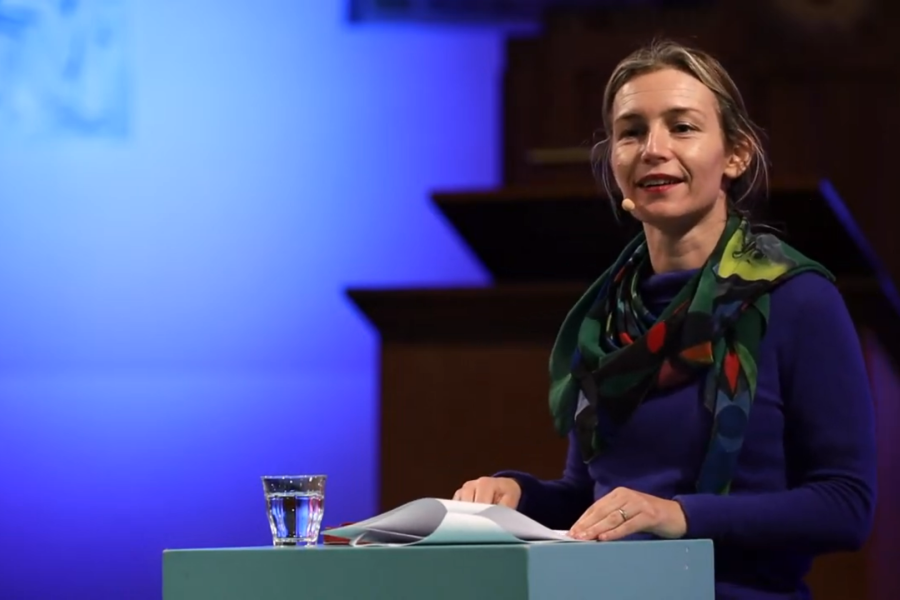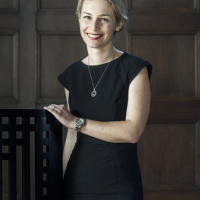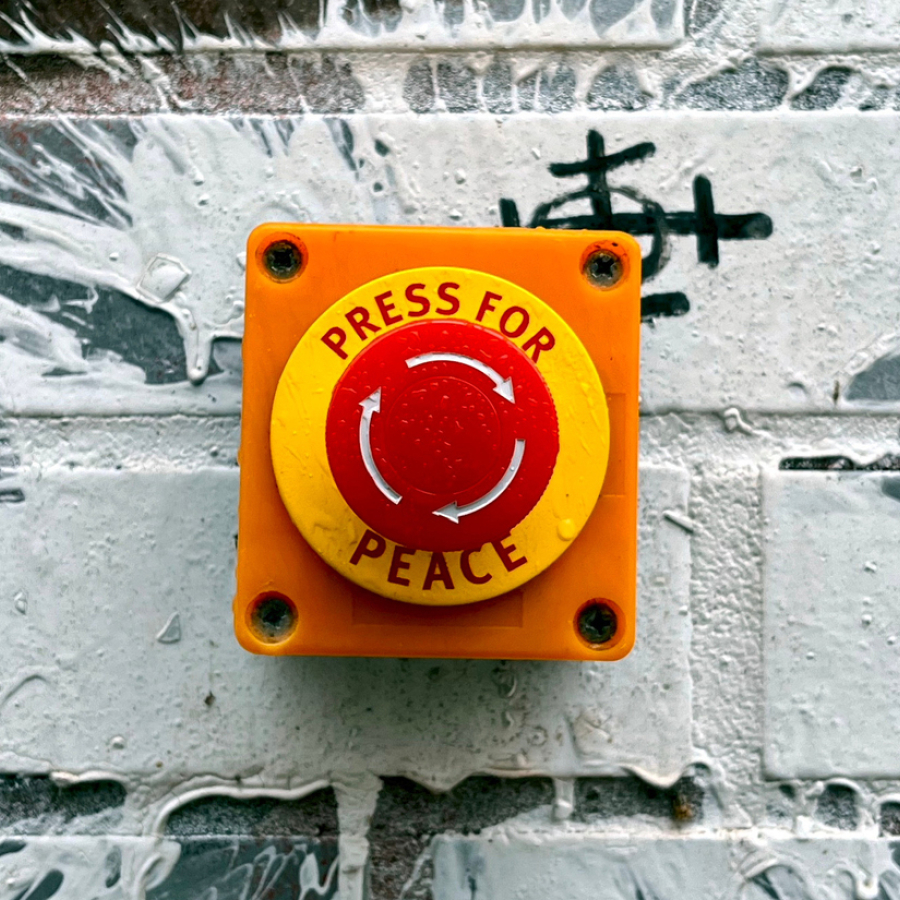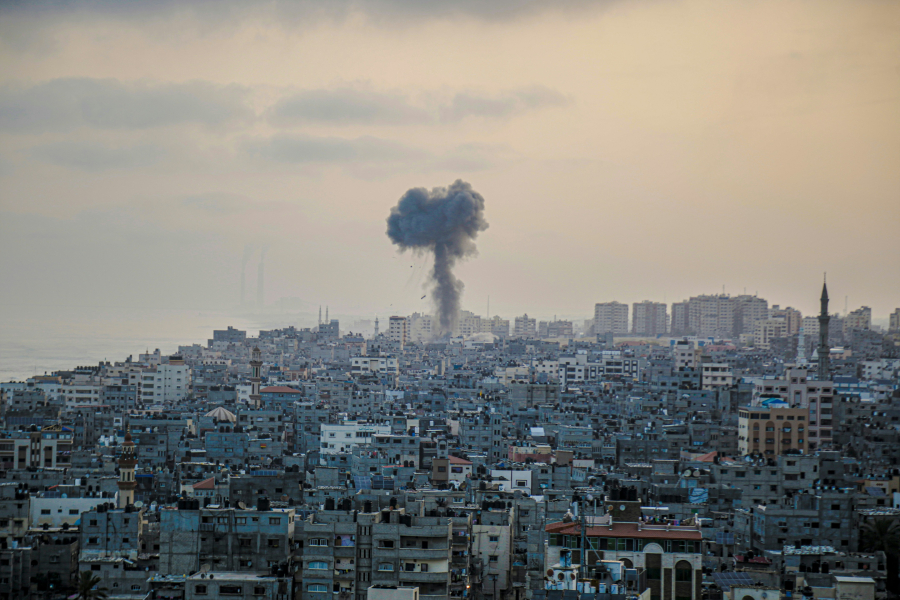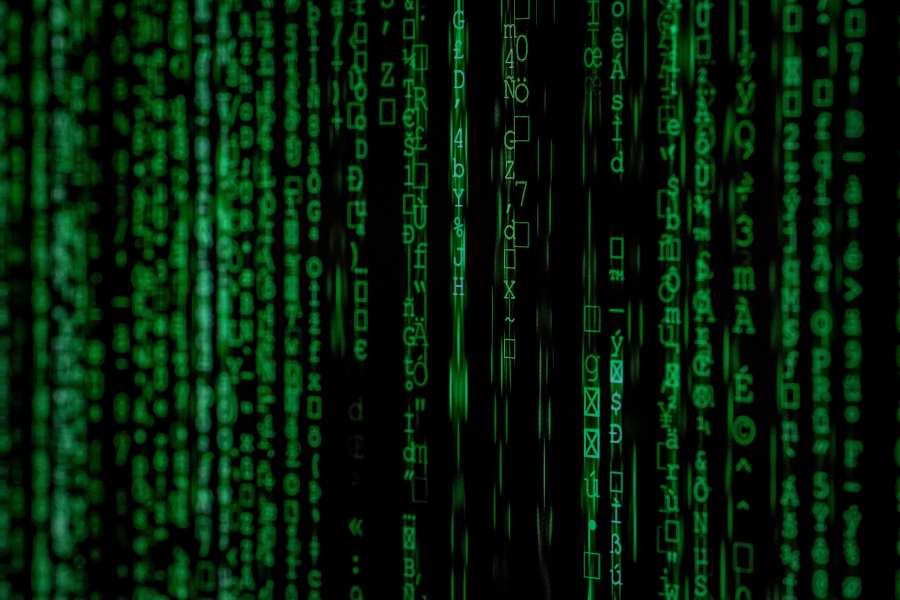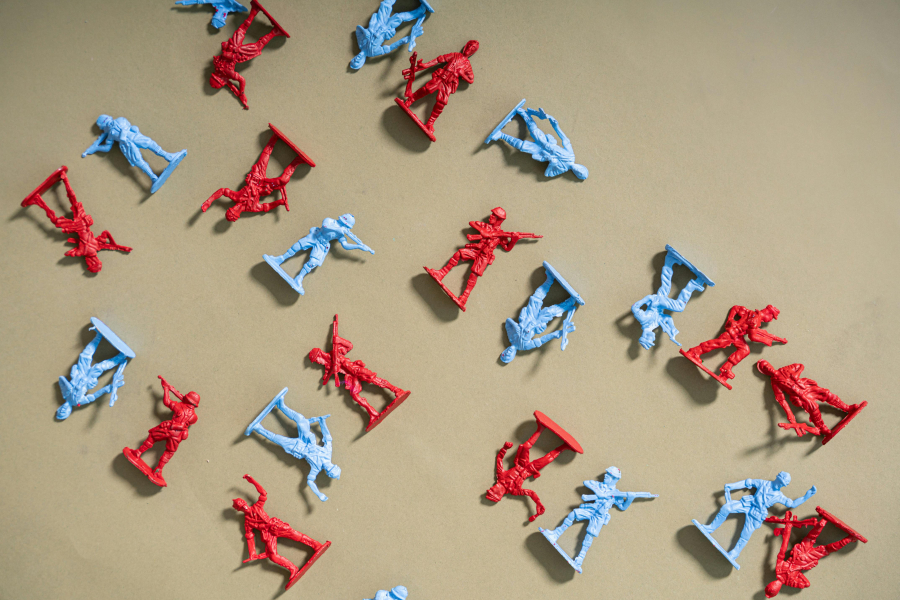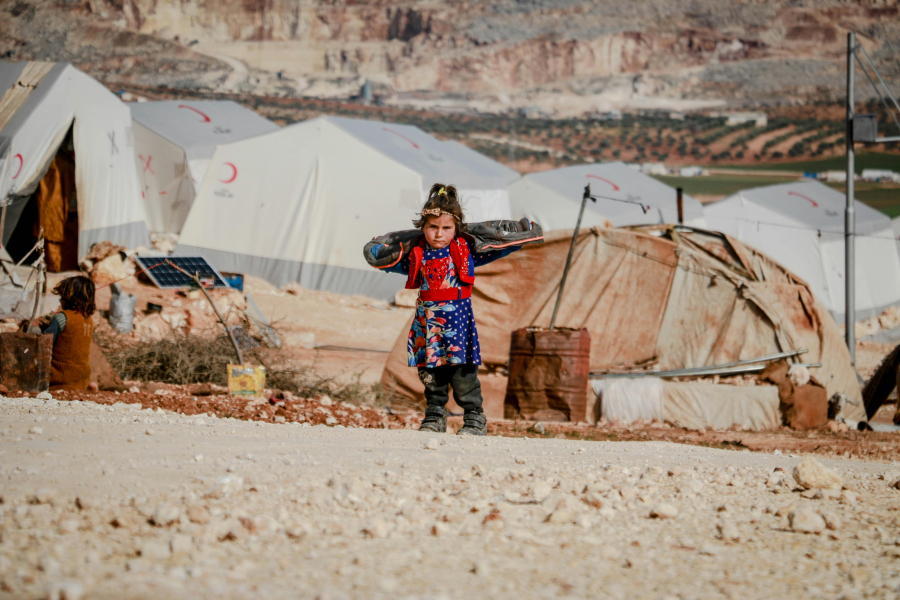The power of art in reconciliation
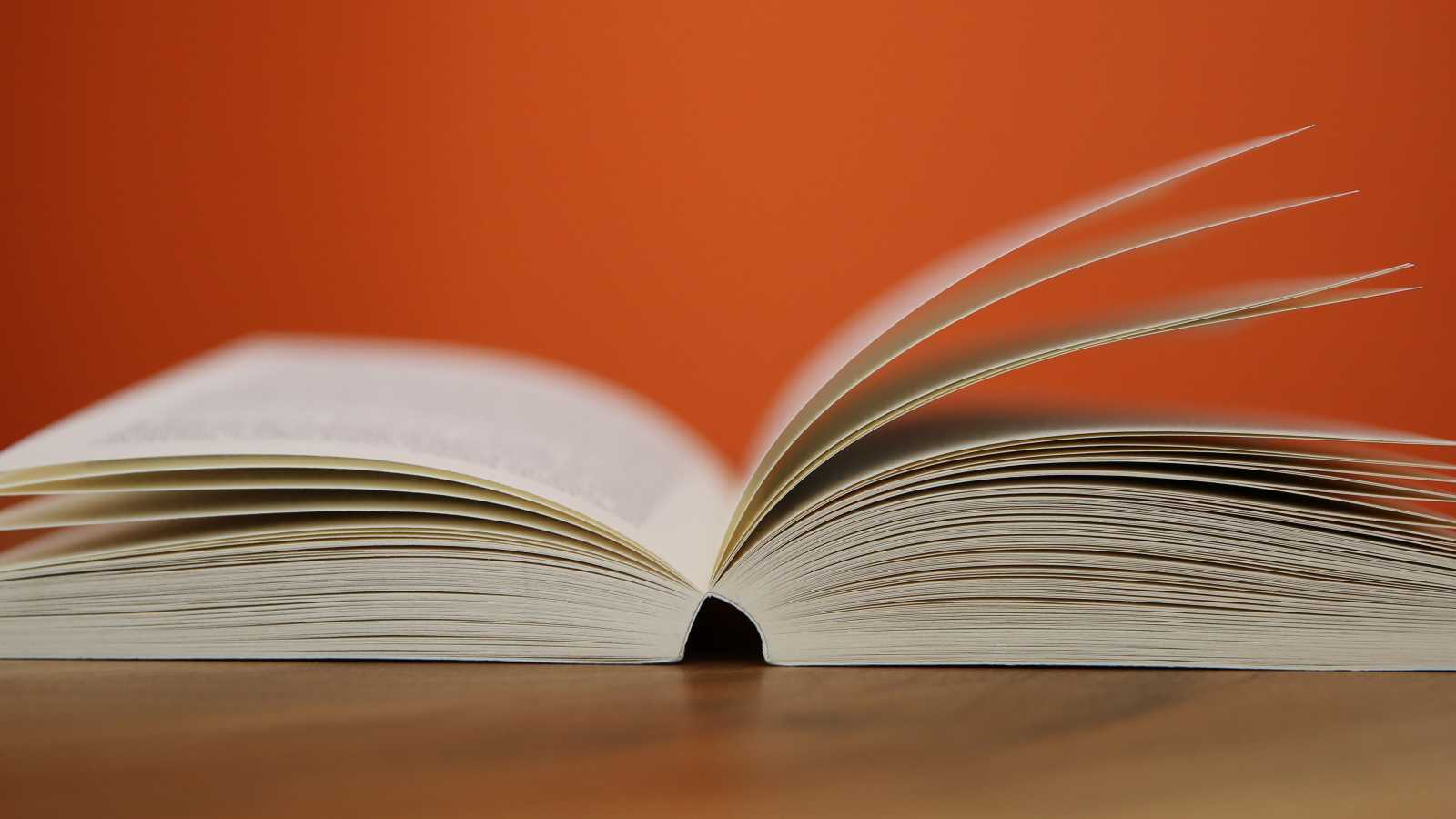
Truth in the archives
For her book about communist Albania, prize-winning novelist Prof Lea Ypi (London School of Economics) dove into the Secret Service archives to find out the truth about the life of her grandma in post-war Communist Albania. After WOII, Albania was ruled by a communist party. This regime is considered to be one of the most brutal and isolated regimes in history. Characterized by inhumane prison conditions and forced labor camps, it resulted in the deaths of 25,000 people by execution, murder, starvation. Supporters of the former communist regime continue to deny the crimes and suffering caused by the regime. For many victims, the truth seems like the only way to move forward and deal with the past. "There is this hypothesis that only if you have truth, you will have reconciliation," according to Ypi. With the book, she tries to challenge this hypothesis.
It turned out that the truth was hard to find in the files of the Secret Service, because they were a mess. The files contained a lot of scribbling: numbers, characters and smileys covered the pages. Ypi: "You can really see there was a bureaucrat there who was really bored doing the reporting." These bureaucrats often made errors, stating for example that her grandmother was a widow when she was not. "Besides that, these archives don't really have any objective data, it's always interpreted for you through a lens of propaganda and politics." This struggle to find the truth inspired her to write the book as a novel, where a first person narrator takes the reader along in unmet expectations about the files. By retracing the steps of her grandmother and writing about her through fiction, Ypi was able tell the story in a more complete way than the archives did. "Truth lies not so much in the facts, but in the humanity of the reconstruction."
Using art to tell the story
"You will never come to terms with the past by just thinking about the individual characters and how these individual characters collaborated or didn't collaborate with each other." Ypi states. You need to understand the broader context through newspapers and history accounts. To get this broader perspective you already need to be reconciled in your mind and be open to the perspectives which are completely different from yours. "Literature enables you to inhabit all these different characters." Ypi expresses that looking at the world from a completely different perspective can be difficult. "You cannot condemn characters, even the flawed ones." Art allows for a plurality of voices and perspectives and shows that it is not a particular individual that is to blame after a conflict, but rather a system of ideas. Take for example the neighbors of the Ypi's that were high-ranking members of the party, but protected the Ypi family. "This is why it's very complicated. Some people, even within this oppressive system, tried to do the right thing and did have a moral compass somehow." These kinds of stories make it difficult to say who was good and who was bad. It is important to realize there is no complete closure and there is no full truth. The post-communist truth is still highly politicized, Ypi believes there is always someone trying to deceive you or trying to exercise power in the files. Therefore, Ypi needed different tools in her philosophical search for truth. "Art rather than politics can bring reconciliation."
Dignity and freedom amidst oppression
Through telling the story of her grandmother, Ypi gained many insights on what restoring dignity and humanity means. Despite being deported, being looked down upon, struggling for food and alone because her husband was a political prisoner, Ypi's grandmother said she never felt unfree. "She had this idea that you know you are free, when you reject the pressure from society to conform." Ypi says that her grandmother never accepted to be a spy, she wanted to live a moral life. Her whole life is a kind of example of someone going from one tragedy to another, but she considered herself free because she retained her humanity and never let the system dehumanize her. "I thought that was really important," Ypi says "In a world in which we talk a lot about victimhood, but not about the agency of victims."
In the process of reconciliation in Albania, hopes are high the archives will bring closure. But it is difficult to declassify the documents and make them accessible. In addition, the truth described in the archives is written in the language of the state. Altogether, people feel like there is no real way of finding out the truth about their family and feel robbed of their dignity. In her philosophical quest for truth, Ypi found the truth in fiction and art. However, Ypi is aware that art is also the result of ideology, propaganda, funding decisions and corporations. "But there is something in art that is not reducible to ideology." Ypi argues that by striving for universality through art and inhabiting the different perspectives of characters you create something that can't be reduced to solely ideology. "You get a better grasp of the history by having the multi-perspective vial view that art affords."
Do you want to know more about what Ypi found in the secret service archives? You can watch the recording of the evening Historical Injustice and Reconciliation here.
Do you want to read more about Lea Ypi and communist Albania? Check out the links below:

